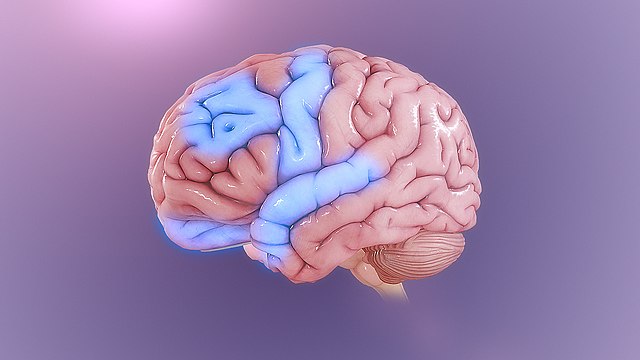I love to clean and I have obsessive compulsive disorder (OCD). Funny, right? The media representation of OCD is stereotypically clean, and characters like Emma Pillsbury from “Glee” or Monica Geller from “Friends” paint pictures of suffering yet achieving women. How accurate are these portrayals? While OCD rates are higher in women than men, it is rare to see a fair representation of either sex with the disorder. My everyday routine, living with OCD, does not consist of cleaning my grapes before I eat. I also do not rearrange my room every day or cook in a five-star restaurant. My achievements stem from my tenacity, but still, my disorder has made other feats impossible. I’m simply a female student with OCD.
I’ll be honest: I can’t drive to the University of Massachusetts. I have a license; I have driven extensively before and I own a car. Still, driving up the highway or anywhere nowadays is paralyzing. My OCD, and the compulsions it gives me, are the reason. When I drive, I feel incessant urges to press down on random buttons, spray windshield fluid or honk my horn. It comes not from a place of perfect arrangement, but of fear. OCD is an anxiety-based disorder, with individuals acting on compulsions to ease their anxieties in a vicious cycle. As a woman, my anxieties can range from life-or-death situations, being followed, my appearance, my dating life and so much more. OCD, on top of all of this, has led to experiences that I now want to share.
On average, women with OCD are more likely to have eating disorders. Anorexia, the most fatal mental illness, has close ties with OCD. So, why are we boiled down to being just “clean freaks?” Is it the lack of experiences that are publicly shared along with its misrepresentation? Women with OCD most commonly present contamination symptoms. While this does relate to handwashing, a friend or family member can become “contaminated.” Contamination, a subtype of OCD, is a fear of disease. Women with this subtype may refuse to hug others, keep from engaging in sex or excessively clean themselves. Living with this every day quickly becomes like having a needy friend — always around and screaming for your attention. They’re impossible to ignore.
My subtype of OCD is not contamination-based. Instead, my subtypes relate to symmetry, compulsions and intrusive thoughts. Lucky me. Yes, I have rearranged my entire room, feared my own thoughts, wiped mascara all over my eyes and jerked my head (only to the left, it feels right) on dates and in class because my brain said to. I don’t want to live like this. I have to. So, how does it affect my life at UMass? Well, in the dining hall, I have walked around several times before choosing a seat that feels “just right.” When I’m meeting with a new friend, I have to push down this urge. Walking is honestly also a struggle. Sometimes, I have to walk on a certain path or part of it. It hasn’t made me late to class, and hopefully never will, but I have been late to social events. It’s frankly embarrassing — I have turned around several times to re-start my trek or paced in the middle of the sidewalk. Living, fortunately, hasn’t grown too difficult. My roommate is my best friend, and she knows that if I’m standing over my desk, running my hands along it, I’m okay. With OCD, what I really want, and what I think others do too, is someone who understands that compassion is the best thing to give us.
I know what people think of OCD and I don’t know what they would think if they knew the deeper parts of it. All I know is who I am. While I have to balance everything else in life, I’m learning more about why the genuine and fair representation of mental illness matters. As I continue my journey through UMass, while I may pace several times over and learn the comfort of driving again, my disorder will continue alongside me. I would rather accept and represent what it is than hide my true self, a woman with OCD.
Danielle Marrocco can be reached at [email protected].


















